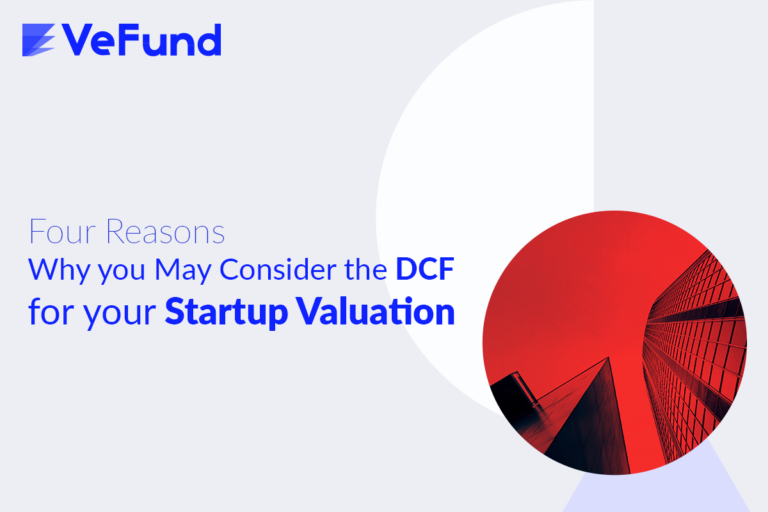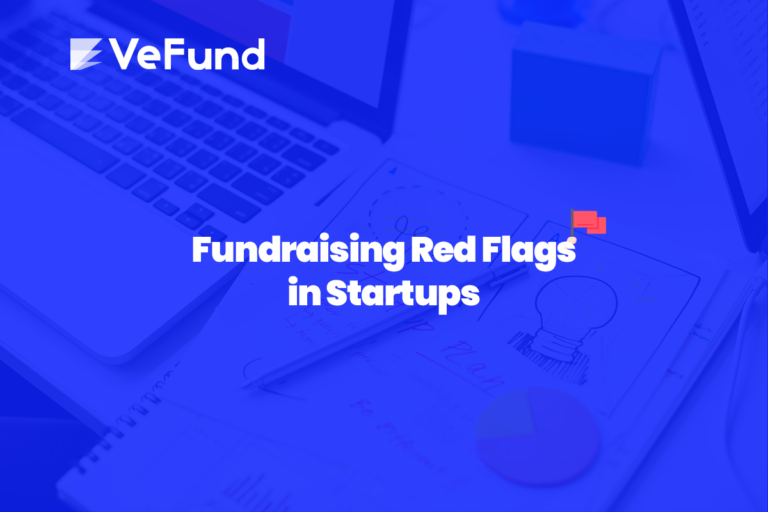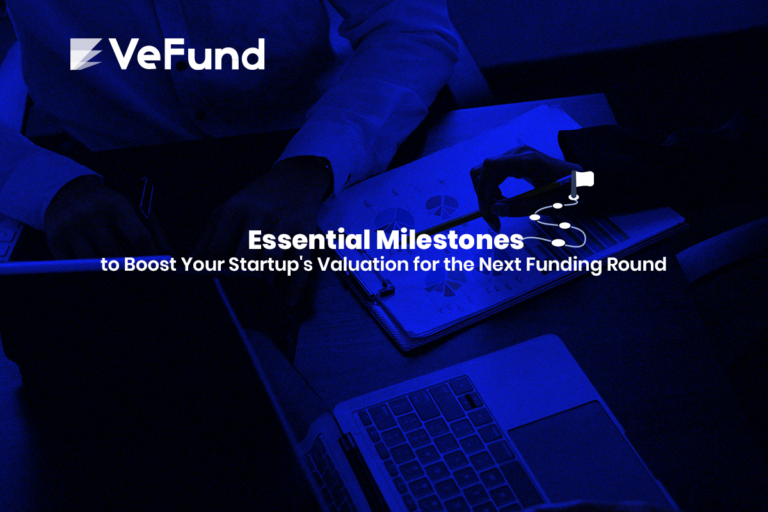Similarity Bias in Venture Capital
We as humans are subject to cognitive biases almost at all times. Venture capital and early investors are no different. Biases in venture capital in selecting and working with founders are hard to ignore.
Accelerators and other VC funds receive numerous applications with each cohort. They have to decide which startup to select based on several factors: the idea, the product, the team, … etc.
Evaluating the founding team is a large part of the process. Do the founders have what it takes? Can we work with them in the long run?
The long screening process with several factors makes VCs prone to subconscious bias. The good news is we can minimize biases by learning about them and taking sincere steps.
In this article, we will discuss one of the highly common biases in venture capital related to selecting founders: similarity bias.
Similarity Bias: He Reminds me of Myself!
Similarity bias is preferring candidates when they remind us of ourselves somehow. When you prefer a candidate because he went to the same school as you, you’re falling into the similarity bias trap.
- Similarity by Background
A common form of similarity bias is preference by background. This includes school, majors, work experience, neighborhood, and other walks of life. We start relating more to the candidate. Some even may infer the candidate must have some traits they attribute to themselves. In other words, he must be as credible as I am.
Keep in mind too that the goal isn’t to choose someone as similar to you as possible. Even if you have proven to be a serial entrepreneur, successful founders come in different shapes.
Preference that is based on education and professional experience has been spotted in venture capital as early as 2006 in research published in the Journal of Business Venturing. The authors verified the bias’s existence with 51 respondents.
- Similarity by How we Think
Another form of similarity bias is preferring based on personality and the way of thinking. When we prefer someone that thinks like us, this is similarity bias again. Bias by cognitive similarity was spotted in research with a highly expressive title: “I like How You Think”.
Similarity by cognition takes place when the candidate approaches a startup problem the same way we would. That is, his/her decision-making process in building a startup is relatable.
It may be harder to spot the cognitive similarity bias. However, we can question why we admired the candidate’s style of thinking. This will serve as a check to avoid being subjective.
How Can We Reduce the Similarity Bias Effect
Addressing biases is a great first step to avoiding falling into them. Sometimes it is all we need. However, in a critical environment with long-term consequences like venture investments, it is safer to ensure that our selection process mitigates the biases risks.
Here we offer three solutions:
- Make your selection process more quantitative:
Reviewing startup teams first by their potential returns and other quantitative aspects can help in reducing similarity bias and other biases. By having a fresh eye over the numbers of the applied startups, the decision makers can sit with founders with an initial objective impression by numbers. This gives less room for swinging opinions by biases.
- Integrate Machine Learning in the Decision Making:
Machine learning can be your fresh, objective eye in the evaluation process. AI tools have no clue about your own biases. They can serve as a reality check with their power to evaluate tens of factors.
- Have a Diversified Team
Of course quantitative and machine learning solutions can serve only as a guide. The final decision must be human!
Having a diversified team from different walks of life significantly improves the firm’s returns. Including your team in the critical decisions of evaluating founders serves as a natural checker for similarity and other biases.
At VeFund, we offer screening tools to support quantitative decision-making. This includes a machine learning tool for startups’ survivability. Join us and make your next investment with us.







